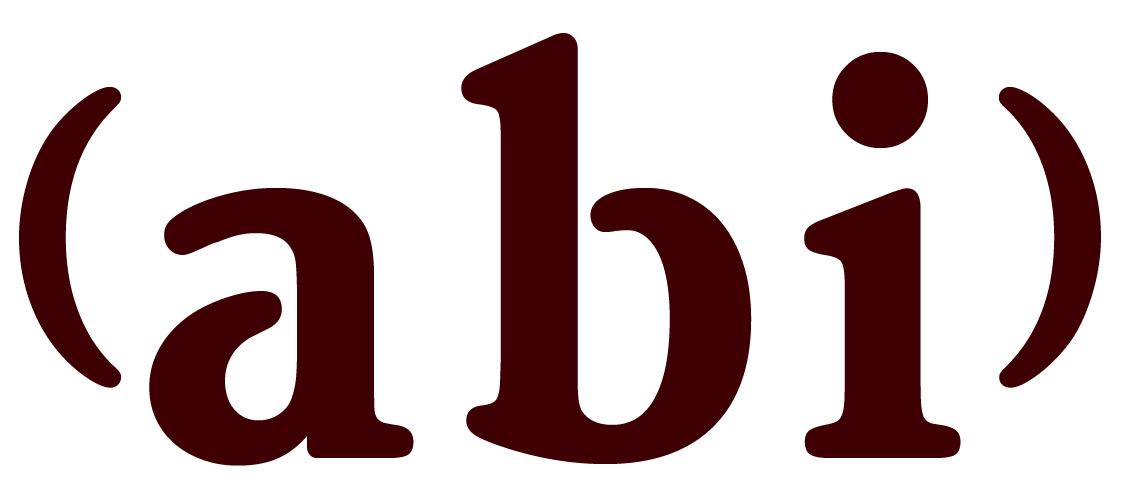Brunch brings families together: Reintroducing the Reciprocal Learning Community
By Abby Braithwaite
On November 5th, the NWDSA hosted a brunch for families with young children with Down syndrome. The childcare rooms were full of little ones and a great group of volunteers of all ages, and the MESD cafeteria was packed to capacity with 40 parents eager to connect and learn together. NWDSA Board members shared the NWDSA mission, history and projects, and long-time advisory board member and partner Mary Williams, an Occupational Therapist, shared some information on how to incorporate therapies into the daily life of a family. Mary travels with a huge bag of tricks, and parents enjoyed passing her “therapy tools” around the room. These tools ranged from poker chips to pipe cleaners, cookbook holders to toilet paper tubes, and everyone went home with a few new tricks they could try without spending a penny on special equipment.
Kristy Knight, an audiologist from Oregon Health & Science University, presented on the medical guidelines for children with Down syndrome, and then went into detail on the anatomy of the ear and the importance of frequent hearing screenings for children with Down syndrome. Kristy works closely with NWDSA advisory board member and fellow OHSU audiologist Heather Durham, and they are a great resource for this community.
Time passed quickly at the brunch, but it was a great chance to meet new families and reconnect with some old friends, as well as reintroduce families to the Reciprocal Learning Community (RLC). The RLC was founded in 2002 by Angela Jarvis-Holland, the Board of the NWDSA and a steering committee of volunteers, in response to severe cuts made at the state level to Early Intervention services in Oregon. When Angela’s son Daniel, now 12, received Early Intervention services, there was a lot offered to parents, including playgroups, trainings and great resources. When these programs faced a cut of nearly 70%, Angela and her husband Steven, with the support of the NWDSA, decided to tackle the problem head on by creating another forum for parents to come by the information and support that the Jarvis-Holland family received through Early Intervention.
Designed to inform and empower parents, the RLC looked to present research-based, best practices information relevant to the needs of families with children aged 0-5 with Down syndrome. At its peak, the RLC presented free quarterly sessions on topics such as nutrition and wellness, speech and literacy and motor development. To create each session, a group of parents and professionals came together to form an ongoing reciprocal learning community. NWDSA staff worked with a steering committee that included other parents to decide the focus of each session and maintain editorial controls. We have a strong team of professional advisors to draw on as we craft the sessions, as well as a large catalogue of best practices materials. Professionals acted as advisors and session presenters, but parents remained in the driving seat throughout the planning process. We also look to parents to help find funding and volunteers for childcare and food.
There are a lot of new families in the area right now and many demands on our limited resources. With your support, it’s time to bring the RLC back to the front burner. Workshops take place on Saturday mornings, in hopes of bringing in as many working parents as possible. Childcare is provided by volunteer childcare professionals, and the morning begins with coffee and pastries and a chance for conversation while kids get settled. There is always a parent story to start the session and an inspiring speaker to introduce ideas for empowered lives. To welcome our non-English speaking families we also provide translation as needed. The day concludes with a community lunch that provides vital time to connect with other families.
